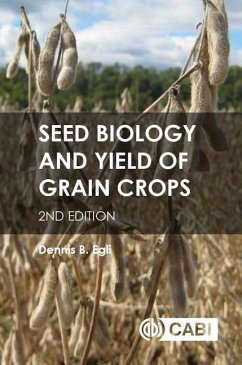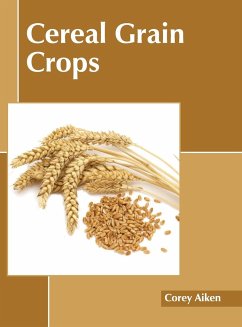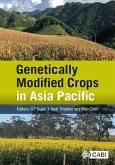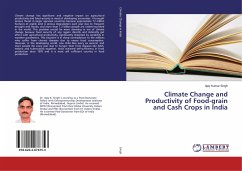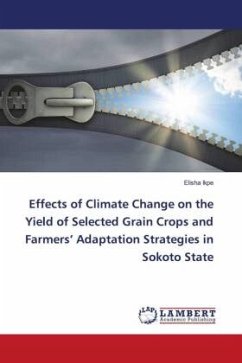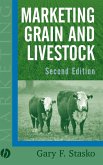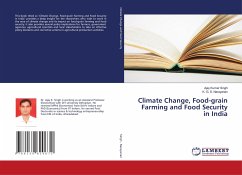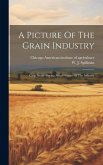This new edition of an established title examines the determination of grain crop yield from a unique perspective, by concentrating on the influence of the seed itself. As the food supply for an expanding world population is based on grain crops harvested for their seeds, understanding the process of seed growth and its regulation is crucial to our efforts to increase production and meet the needs of that population. Yield of grain crops is determined by their assimilatory processes such as photosynthesis and the biosynthetic processes in the seed, which are partly regulated within the seed itself. Providing a timely update in this field and highlighting the impact of the seed on grain crop yields, this book: ¿ Describes all aspects of seed growth and development, including environmental and genetic effects on growth rate and length of the filling period. ¿ Discusses the role of the seed in determining the two main yield components: individual seed weight and number of seeds per unit area. ¿ Uses the concepts and models that have been developed to understand crop management and yield improvement. Substantially updated with new research and further developments of the practical applications of the concepts explored, this book is essential reading for those concerned with seed science and crop yield, including agronomists, crop physiologists, plant breeders, and extension workers. It is also a valuable source of information for lecturers and graduate students of agronomy and plant physiology.

